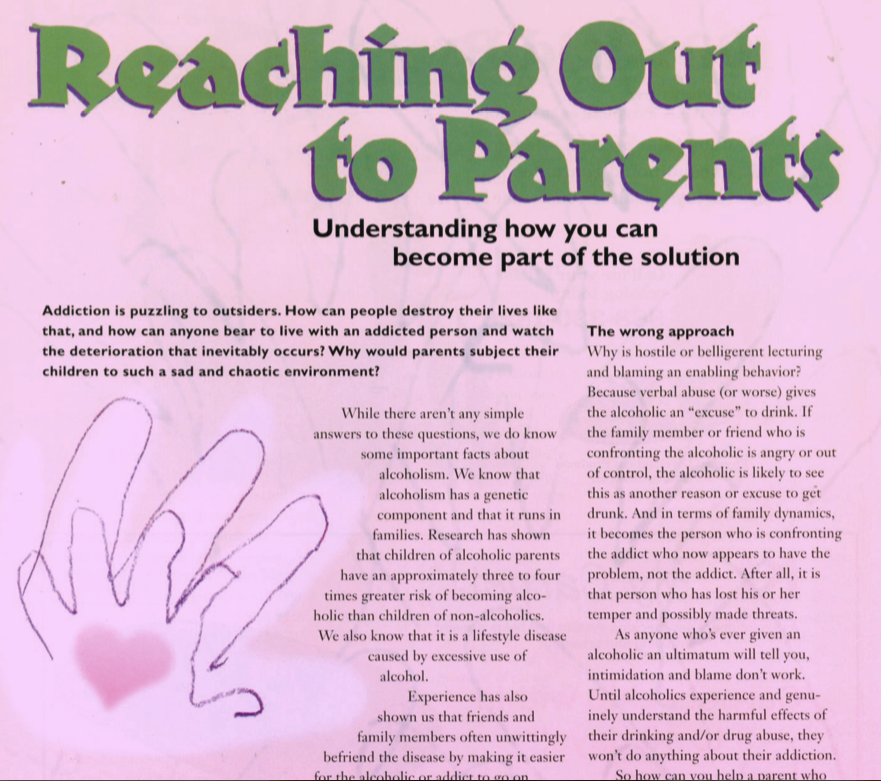
Facing the Dragon
Working with families affected by SUD
There is no question that we have a substance use disorder problem in this country. But it is just as clear that we have a stigma problem: we stigmatize those who suffer from SUD and other mental illnesses in a way that we would consider cruel if they were suffering from cancer, or heart disease, or diabetes.
This stigma compounds the symptoms of the disease, which already highjacks the brain into feelings of isolation and shame. And, stigma is the #1 reason patients give for not seeking treatment sooner: they were ashamed of what people would think of them if they got help…because then everyone would know that they had a substance use problem.
The issue of stigma is particularly critical to parents of young children, and the people who share in their children’s care and education. We KNOW that having a positive relationship with the parents who entrust us with their children is important. It not only allows us to work as a team, but it also provides children with a sense of security and solidarity.
And yet: how can we respect people who “choose” drugs and alcohol over their children? Understanding the disease of SUD is one way.
We would never look down at a parent who came to pick up their child after getting a cancer diagnosis or was in chemo!
Another way is to think about our language. Just like our field led the way in “person first” language with children with disabilities, we can do the same with SUD. Research (in case you want a deep dive!) has shown that language matters here, too.
Calling someone an addict or an alcoholic has a whole different impact than saying “she has a substance use disorder,” both to the person we are referring to AND to our perceptions of that person.
In fact when COUNSELORS (who should know better) were asked what should happen next to a person, they opted for punitive measures when the word “addict” was used, and more compassionate treatment suggestions when the words “person with a substance use disorder” was substituted.
That’s right: EXACT same scenarios, with just a switch in language! Language matters!
It’s also important to understand how terrified parents, especially mothers, are of losing their children if they go into treatment. Imagine the dilemma of knowing that you needed to get treatment for kidney disease, but if you had to go into the hospital, or went for dialysis daily, a social service agency would place your children in foster care!
We are not social workers. We are not psychologists.
But we ARE early educators who understand the importance of respecting ALL parents, while supporting their beloved children’s development. The resources below may give you additional insight into the effects of stigma, and how to more effectively work with parents tackling the challenges of SUD. There are also links to Sesame Street’s latest series for children and families, which were produced in collaboration with the National Association for Children of Addiction (NACoA)
Curated materials from the Resource Hub
The curated resources on this page will guide you on your learning quest!
From the Blog
Eliminating the Shame and Stigma of Addiction
Straightforward talk by Kathryn Helgaas Burgum, First Lady of North Dakota, advocate for those with SUD, and recovering from alcoholism. She shares her story and information about the disease, as well as about shame and stigma.
PBS NewsHour: The Shame of Addiction Turned My Life Into a Lie
This mother talks about how shame kept her from addressing the “family secret” of addiction. Although she is speaking from the perspective of the mother of a child suffering from SUD, the dynamics she discusses are common in many families impacted from the disease.
NACoA Early Childhood Guide
One of the few resources about substance use disorder geared for early childhood educators this guide from the National Association for Children of Alcoholics (now Addiction) offers good basic information about how to work with both children and families. NACoA is working on an update, but for now, have a look at this!
Sesame Street Substance Use Disorder Playlist
This is a link to the playlist of all of Sesame Street in Communities’ series on addiction. Each video is not only geared for children, but offers evidence-based information on families suffering from the disease, and working on recovery. Both muppets and real children share their stories. Wonderful to share with kids and even parents.
Sesame Street Communities:
Resources about SUD and More
Sesame Street in Communities offers additional resources to support children and families living with substance use disorder, too! This page offer a wide variety of activities, articles and links to the videos. Be sure to check out the other topics addressed on this great website, too, including resilience, grief, incarceration, divorce, etc. etc. etc.
Reaching out to Parents
This short article is an overview about things teachers should know about families suffering from substance use disorders, and how they can address various situations.













